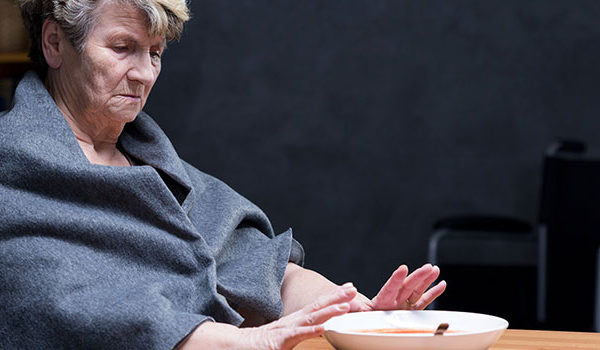What is the process of finding the right care for your elderly relative so that you ensure the right choices are made?
When you begin looking at buying care for an elderly relative, it’s hard to know what to do first, unless you have a friend who has already done this and can help you. Otherwise, as for many people, it might not something you will have thought about until you actually need it. So, what is the process of finding the right care for your elderly relative?
Care Assessment
First of all, you need to contact your relative’s Local Authority to obtain an adult social services home care assessment. Your relative is entitled to receive this assessment and it will help in finding out if they may also be entitled to full or part state funding for their care needs.
Care funding
Funding can include means-tested and non-means tested benefits, as well as some grants for things like home adaptations. Sometimes the Local Authority will agree to pay part of the care that you want for your relative, this may be the most basic needs. You may wish to top up the care provision by paying privately in addition to this.
Freedom to choose
The Local Authority, if funding the care for your relative, should offer you the choice of selecting your own care provider, and be able to provide the care funding in a way that allows you to manage the funds and/or what care is provided. This is usually provided as a personal budget.
You can choose to take the care provider that is either offered through the Local Authority via its own staff, or with a contracted provider.
You can also choose to take the personal budget as direct payments which are paid to your relative directly and can be used to select another care provider.
Looking for care providers
You will find there are many care providers and this includes home care, and residential care. It is usually best for your relative to remain in their own home and keep their independence for as long as possible. It is a viable option for them to stay at home through the whole journey of their care needs, from visiting home care, to live-in care, then more complex and end of life care.
It’s beneficial if you can have one provider that has the skill set to deliver the whole journey so that there is not a change over. Continuation of care helps both the provider, as they are working with someone they already know, and for you to remove the added stress of having to change. MyLife is in the position to be able to provide that continuity your loved one.
Care quality
All care providers are regulated by the Care Quality Commission and are subject to regular inspections that investigate the quality of the care provision within the following five key questions:
Are they safe?
This is to ensure that your loved one is protected from abuse and avoidable harm.
Are they effective?
Effective care means that your loved one’s care, treatment and support achieves good outcomes, helping to maintain quality of life.
Are they caring?
The staff involved in caring for your loved one treats them with compassion, kindness, dignity and respect.
Are they responsive to people’s needs?
Responsive services are organised so that they are continuously meeting your loved one’s needs, reviewing regularly and updating support as needs change.
Are they well-led?
The leadership, management and governance of the care provider ensures it’s providing high quality care based around your loved one’s particular needs. Also that it encourages learning and innovation, while promoting an open and fair culture.
Checking a service
The Care Quality Commission has every registered service on their website as well as published inspection reports pertaining to that service. Each provider must also display the Care Quality Commission widget on their website, this displays their overall rating and a link to their registration.
Care planning
Care planning must be a full and comprehensive look at the person to ensure all needs and wishes are met. It must take into account care needs and lifestyle, along with any existing routines and things the person likes to do and wants to achieve.
A care plan will be prepared and organised by the care provider once you have chosen which one you would like to use. It should be reviews and updated regularly to ensure needs are continuously being met. As things change, so should the support. This could be reducing support as recovery improves, or increasing support as needed.
Ongoing involvement
As a relative of the person being cared for you should have the opportunity to be involved. It may be that you ask the care provider to call you if your loved one doesn’t seem to be happy that day. It offers the chance for you to be more closely involved, even when you are living at a distance.




